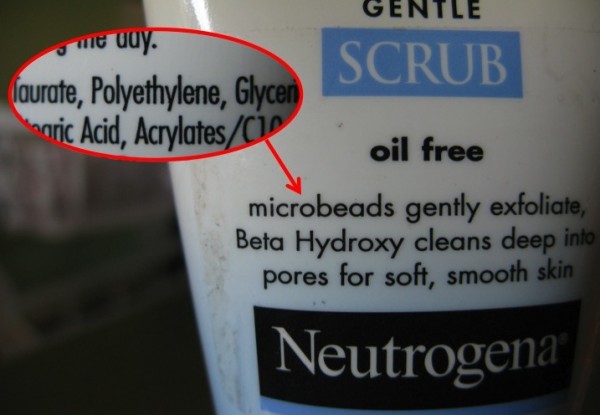
A number of lawmakers in the United States are working on banning microbeads, the ingredient popularly added to toothpastes, body scrubs, and facial wash products. Microbeads are often found in beauty and cosmetic products manufactured by companies such as L'Oreal SA and Procter & Gamble Co. and is marketed as an innovation in beauty regimen, claimed to remove impurities stuck in the pores or clean teeth vigorouly.
The initiative to ban the ingredient was motivated by the discovery of microbeads in the Great Lakes,the largest surface freshwater system in the world.
Researchers fear that the microbeads, which were found to be washed down bathroom drains and evading treatment-plant filters and accumulating water ways, might introduce toxins to the food chain
Chemistry professor Sherri Mason of State University of New York at Fredonia admits that like most consumers, she thought microbeads were biodegradable; that these would break apart as it went down the drain.
Lawmakers are now taking action. The consumer affairs panel of the New Jersey Assembly are voting on a bill to ban products containing microbeads, to be implemented in the state. Lawmakers in other states like New York, Michigan, and California have also started proposing similar measures.
New Jersey Democrat Frank Pallone, a U.S. Representative, is in the forefront of Congress, legislating an end to the sale or distribution of products with microbeads by 2018.
Microbeads are typically made of polypropylene or polythylene, commonly used in majority of plastic bags.
According to a report by New York Attorney General Eric Schneiderman, microbeads were patented in 1972. Using them in consumer products gained wide popularity in the 1990s.
Experts estimate that each year, over 19 tons of microbeads are being discharged into New York's waste water. Researchers from different parts of the world have detected particles in marine animals such as mussels and shore crabs.



